‘The best decision I have ever made’; Grads learn new skills – and make new friends – at trades training program
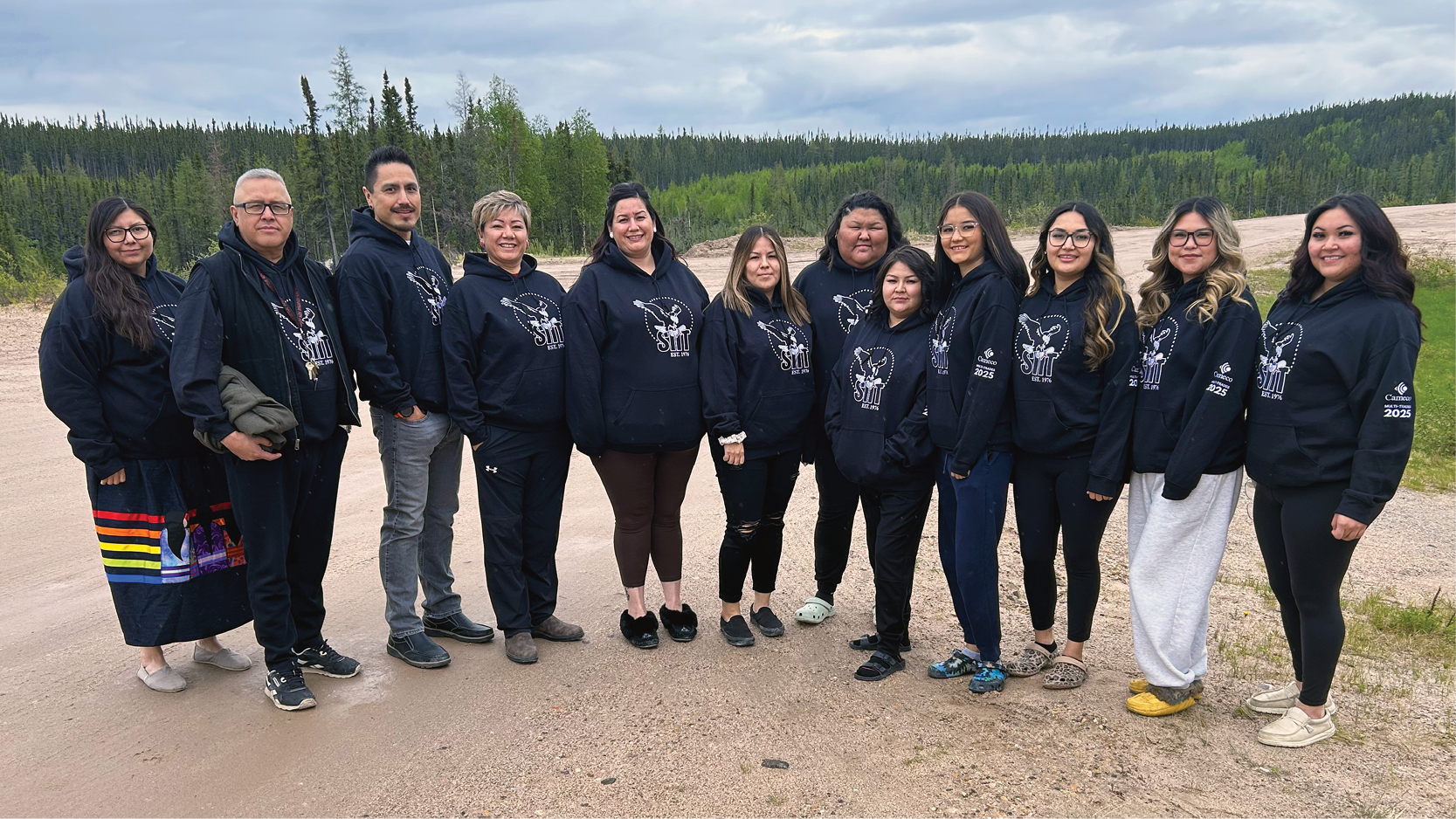
Nine Indigenous women graduated from the Northern Indigenous Trades Training pilot program on June 11.
"I'm so excited, I can’t think," said graduate Angela Besskkaystare, of Wollaston Lake.
Helen Ninne was so excited by her students’ graduation that she had a new ribbon skirt made for the event.
The skirt features ribbons of red, orange, yellow, green and blue, and images of the long, dark hair of Indigenous women.
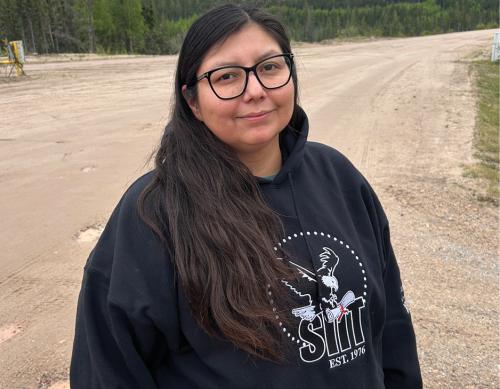
“This program is important because it creates opportunities for people from these communities, and women, to make money, to have a hundred-thousand-dollar career,” Ninnie said of the Northern Indigenous Trades Training pilot program hosted by Cameco.
“We are probably the most impoverished people, Indigenous women, right? And when these women have the opportunity to make that kind of money it has a trickling effect. It strengthens the community, strengthens the children, strengthens the family as a whole. So, when you have not just one but them all, it creates change.”
Nine Indigenous women graduated from the six-month program on June 11. The paid training opportunity took place at Rabbit Lake Mine in Treaty 10 territory.
“I’m so excited, I can’t think,” said graduate Angela Besskkaystare, of Wollaston Lake.
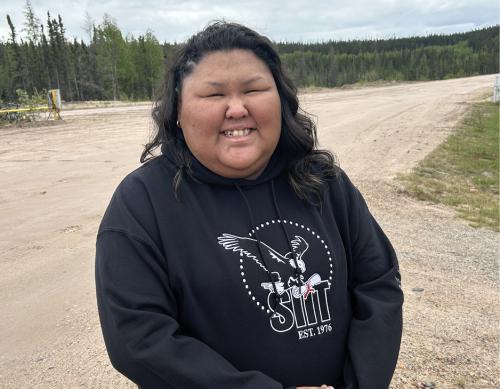
“It was the best decision I have ever made. I got to meet a bunch of women – Indigenous women from all over northern Saskatchewan. And especially Helen. She’s such an encouraging woman, it was just so inspiring to me. I want to be just like that; I want to be encouraging to others.”
The program came in response to workforce challenges Cameco faces as it works to meet the world’s growing demand for uranium. Northern trade positions are hard to fill; our tradesperson workforce is aging with many employees nearing retirement; and we expect future production to ramp up and will need more skilled trades workers.
“Through this program, we’re hoping to get more northern residents interested in a career in mining – especially women who are underrepresented in the industry,” said Kristin Cuddington, director of community and Indigenous engagement.
“This pilot program was an opportunity to build skills and grow careers in the trades but also inspire women to see themselves in non-traditional roles. These women should be proud of what they’ve accomplished over the last six months.
“We are so proud of these women trailblazers, First Nations and Metis women we hope continue working towards a career within the mining industry. We think the program was a great success and are considering options to continue to develop this pipeline."
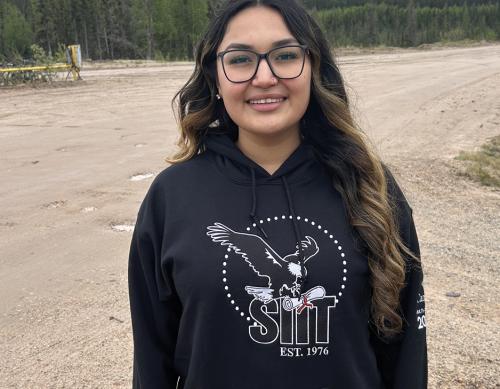
Cameco partnered with Saskatchewan Indian Institute of Technologies, which provided trades training focusing on industrial and heavy-duty mechanics, carpentry, electrical, plumbing, and welding. The Government of Saskatchewan also supported the program.
“I was really interested in the trades since forever. This was a great opportunity for me to get into it,” says Tinesha Fern, of Fond du Lac. She says she enjoyed expanding her knowledge.
“I have a lot of respect for people who are in the trades because it is a lot of work.”
While it was a challenge staying at the site away from family, the students became a tight-knit group, she says.
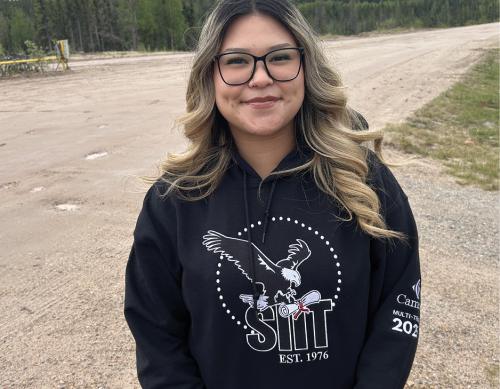
“I really got used to it, especially having everybody here, getting to know them, and pretty much being my family while I was here. It’s going to be pretty lonely now – pretty sad once we leave. We were all strangers in the beginning, and then after the first week we all started getting to know each other and every other shift we’d get closer and closer and that’s what I’m grateful for.”
Treyah Black, of Patunak, says she loved the experience, and that it was a good way to start off her career – once she got used to the early mornings.
“I learned I can be independent and a really strong woman. I feel accomplished that I got this far in the program. It really made me into a better person, seeing the new perspective of other things.”
